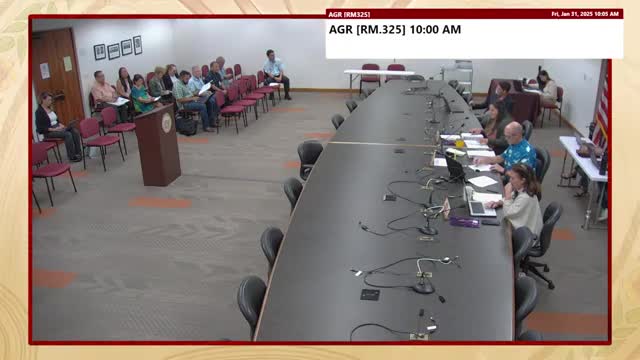Article not found
This article is no longer available. But don't worry—we've gathered other articles that discuss the same topic.
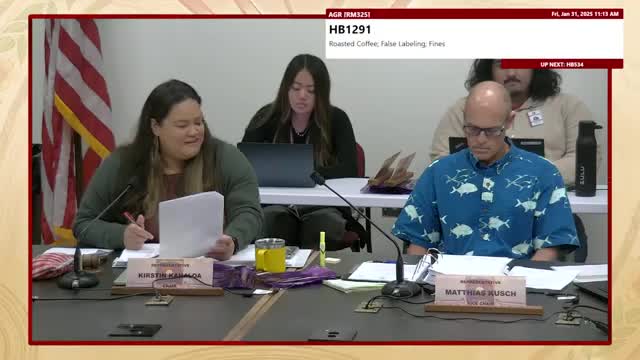
Committee advances bill to require country-of-landing labels on ahi products
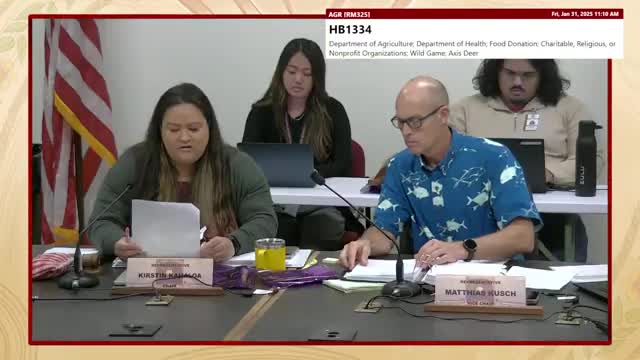
Committee moves to close loophole on Hawaii-grown coffee labeling
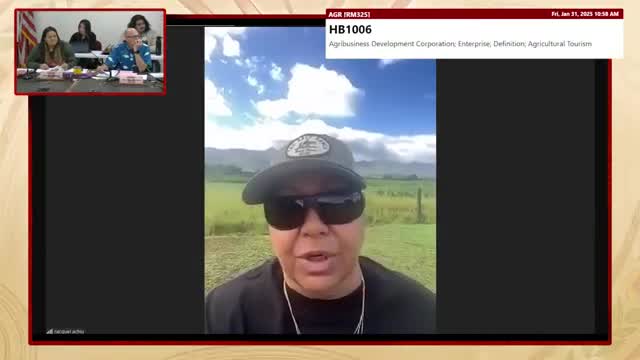
Committee advances bill to ease donation of wild game meat to charities
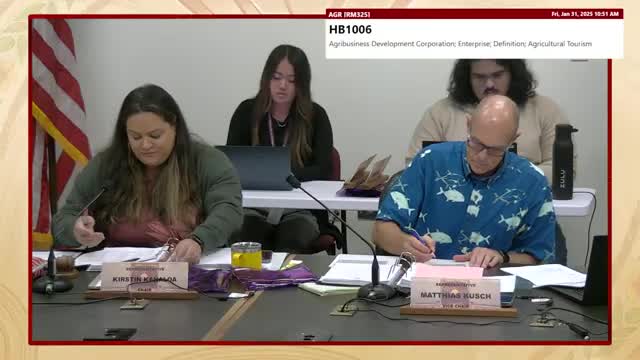
Committee approves measure allowing ADC support for agricultural tourism with rulemaking caveats
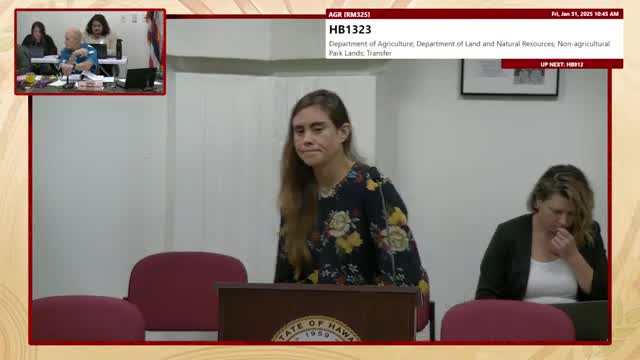
Committee advances appropriation measure to offset Waihole water system debt
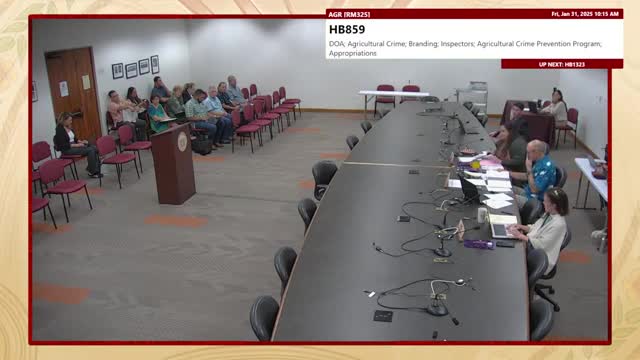
Panel advances bill to clarify transfers of certain non-agricultural park lands after DLNR concerns
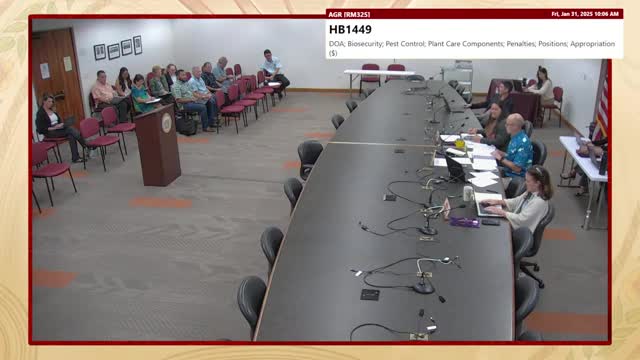
Committee backs HB 859 to create agricultural crime prevention program
